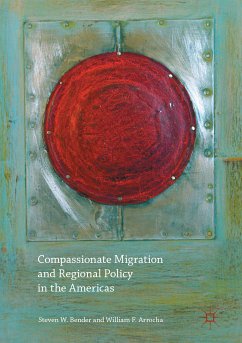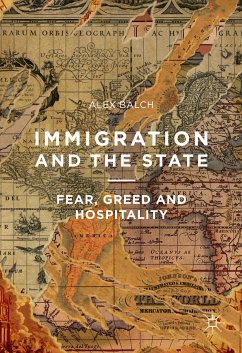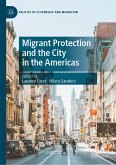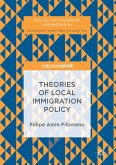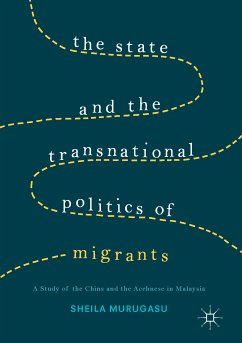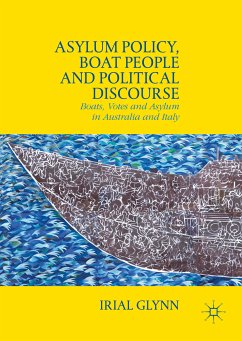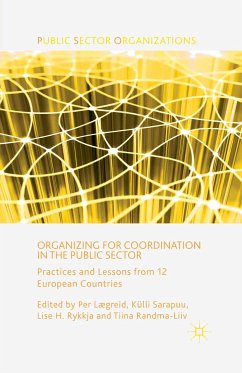This book explores the contested notion of compassionate migration in its discourse and practice. In the context of today's migration patterns within the Americas, compassionate migration can play a fundamental role in responding to the hardships that many migrants suffer before, during, and after their journeys. This volume explores the boundaries of compassion from legal, political, philosophical, and interdisciplinary perspectives, and supplies examples where state and non-state actors engage in practices of compassion and humanity through formal and informal regimes. Despite the lack of a concise and precise definition of the concept and practice of compassionate migration, all authors in this volume agree on the pressing need for more humane and compassionate treatment for those leaving their home country behind in search of a better life.
Dieser Download kann aus rechtlichen Gründen nur mit Rechnungsadresse in A, B, BG, CY, CZ, D, DK, EW, E, FIN, F, GR, HR, H, IRL, I, LT, L, LR, M, NL, PL, P, R, S, SLO, SK ausgeliefert werden.

